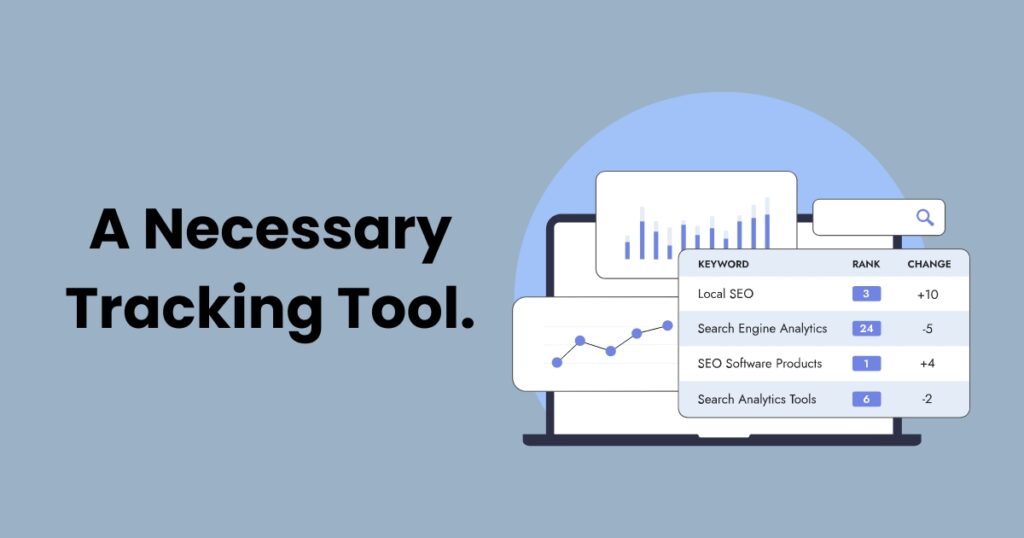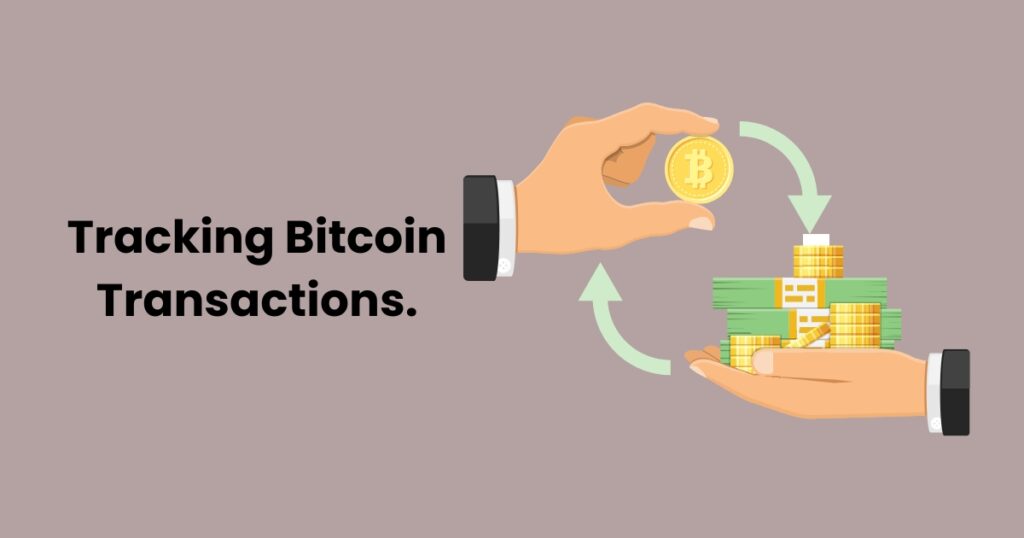Within the last decade, there has been a monumental rise of cryptocurrency; digital currency using cryptography to secure transactions. And the more worldwide its adoption, even greater is needed in terms of transparency and security within this universe. One of the key points herein is tracking cryptocurrency transactions. Whether you are an investor, a developer or just someone, the ability to track transactions is fundamental.
Better Understanding of Cryptocurrency Transactions.
Prior to better methods of tracking, here is what you need to know about a cryptocurrency transaction. A transaction is formed on the blockchain when sending or receiving cryptocurrency, which is a distributed ledger that records all transactions. All it does is record each transaction as inputs (where the cryptocurrency comes from), outputs (where it’s going) and how much. This data is time-stamped and put on the blockchain, thus making it transparent, immutable and available for any person to verify.
Why Follow Up on Cryptocurrency Transactions?
Tracking cryptocurrency transactions has a few use cases. For investors/ traders It helps to verify transactions and payments that have been successfully sent or received. Businesses: who can track the process to be safe for audit trails, accounting purposes and follow suit with regulatory requirements. Friction keeping track of transactions is critical in the sense that agents can follow lost funds, and every stage has to approve it. And for those devs, it could help with debugging and beefing up blockchain apps.

A Necessary Tracking Tool.
The easiest way to track any cryptocurrency transaction is using blockchain explorers. The blockchain explorer — these are internet sites, by which you can check and observe all operations of a certain blockchain. A blockchain explorer will display all transactions related to the transaction ID (a hash) or the wallet address that you enter. For e.g. amount transferred, wallet addresses involved a transaction at the time & number of confirmations. Blockchain explorers are completely free and open to any user with an internet connection, which makes them very powerful for tracing transactions.
Track Bitcoin Transactions.
As the first and most popular cryptocurrency, Bitcoin has a plethora of specialized tools for transaction monitoring. Blockchain. info — Bitcoin Explorer info is one of the most popular(Bitcoin) explorers. You can track your bitcoin transaction by simply entering the transactions ID or instead of Id you enter Wallet Address into the explorer search bar. The output of these results is all transactions that are associated with that ID or address.
Btc Browser also offers the opportunity to view how many confirmations a transaction has. A confirmation is like the network taking a step-dance towards CRDL and confirming they worked out their aims. The best as it gets are called full confirmations by the way. Normally a transaction is accepted as fully confirmed after six confirmations.
Tracking Ethereum transactions.
Ethereum, the second largest cryptocurrency by market capitalization operates on a different blockchain than Bitcoin and also requires an explorer of its own. One of the most used tools for tracking transactions on Ethereum is Etherscan Like Bitcoin explorers, Etherscan enables you to explore by exchange ID or wallet address and even smart contract addresses.
A distinguishing characteristic of transactions on Ethereum are the accompanying gas fees. Gas — the price of execution for transacting or running smart contracts on Ethereum. For an Ethereum transaction, etherscan will show you the gas fee paid with your tread details. Recently, We have published a detailed article on Ethereum gas fees which would help you to understand the costs of using the Ethereum network better.

Tracking Bitcoin Transactions.
Altcoins Altcoin is an alternative of Bitcoin, there are thousands or millions alt coins in cryptocurrency market and each has its own blockchain. As it stands, some altcoins run on their own networks while others are developed atop existing blockchains such as Ethereum or Binance Smart Chain. Same is the case with these altcoins, you can use the blockchain explorers mentioned above (Etherscan for Ethereum based tokens and BscScan for Binance smart chain).
In the case of altcoins with their own blockchains, you are going to have to locate and verify it on that coin’s blockchain explorer. Cardano can use CardanoScan asit explorer, while you can follow the transaction of Litecoin through BlockCypher. Traditionally, the process is to input your transaction id or wallet address and you will immediately be able view all relevant details about that purchase.
Leveraging Mobile Apps for Tracking Transactions.
Web-based blockchain explorers are the most usual way to track authenticity of transactions, however mobile apps provide convenience and more features. You can track your portfolio and transactions on the go, by downloading apps like Blockfolio, Delta or CoinTracker directly to your smartphone. Such apps can be beneficial as many have a notification setting that keeps you aware of your crypto transaction regularly.
Some even connect to more than one exchange and wallet, so you can follow them all in the same place. It is suitable for traders, and investors that deal with more than one cryptocurrency or exchange.
Privacy Concerns and the Monitoring of Transactions.
Blockchain is more transparent, which sounds good in theory but that can be bad news. This is because blockchains are public, so anyone can see transaction details — which may be a problem for privacy-minded people. Wallet addresses are not tied to personal identity, but advanced surveillance may connect a transaction with an individual.
There are a couple of cryptocurrencies like Monero and Zcash that make transaction tracking impossible or at least much harder than an open blockchain. They enhance the privacy of transactions beyond what Bitcoin offers, using cryptographic tricks to obscure transaction details so that more than just spoofs only sender and receiver know (or rather can deduce).
Tracking stolen or lost cryptocurrency.
There are even cases of people’s cryptocurrency getting lost or stolen, so tracking down all sorts of transactions would become very important. If your cryptocurrencies are stolen, you can follow them to past transactions and see where the funds were sent using blockchain explorers. While this is not a solution that will return the stolen funds, it can offer some crucial details to law enforcement and other exchanges if they would like to blacklist or freeze involved addresses.
Additionally, they even range in terms of specialized services that can be used to trace stolen cryptocurrency. By leveraging blockchain analysis software from companies such as Chainalysis and CipherTrace, transactions can be tracked across various blockchains to uncover patterns that suggest foul play. Exchanges, law enforcement agencies and financial institutions often use such services, but they can also be helpful for anyone who has lost access to their coins.
The Future of Transaction Tracking.
These methods for tracking transactions will evolve as the cryptocurrency ecosystem matures. Further developments in the tech behind blockchains including layer two solutions, cross-chain interoperability and more should bring with them new challenges faced when tracking transactions.
Possibly an interesting development is the combination of AI/ ML and blockchain analysis. This could help in detecting fraudulent activities and recognizing transaction patterns more accurately, it can also be potentially utilized for facilitating support to automate compliance processes. Secondly, decentralized finance (DeFi) and non-fungible tokens have brought up a wave of more complex transactions, which would incentivize new tools that can track anything from atomic complexity financial transactions to NFT ownership.
Conclusion.
Everyone involved in the cryptocurrency space needs to know how to track a crypto transaction. Tracking transactions using different tools like blockchain explorers is crucial, whether you are confirming a payment or auditing your holdings or even investigating fraudulent activities. As the industry matures, it will be important to keep up with changes in transaction tracking if you are involved or plan on getting into cryptocurrency.

